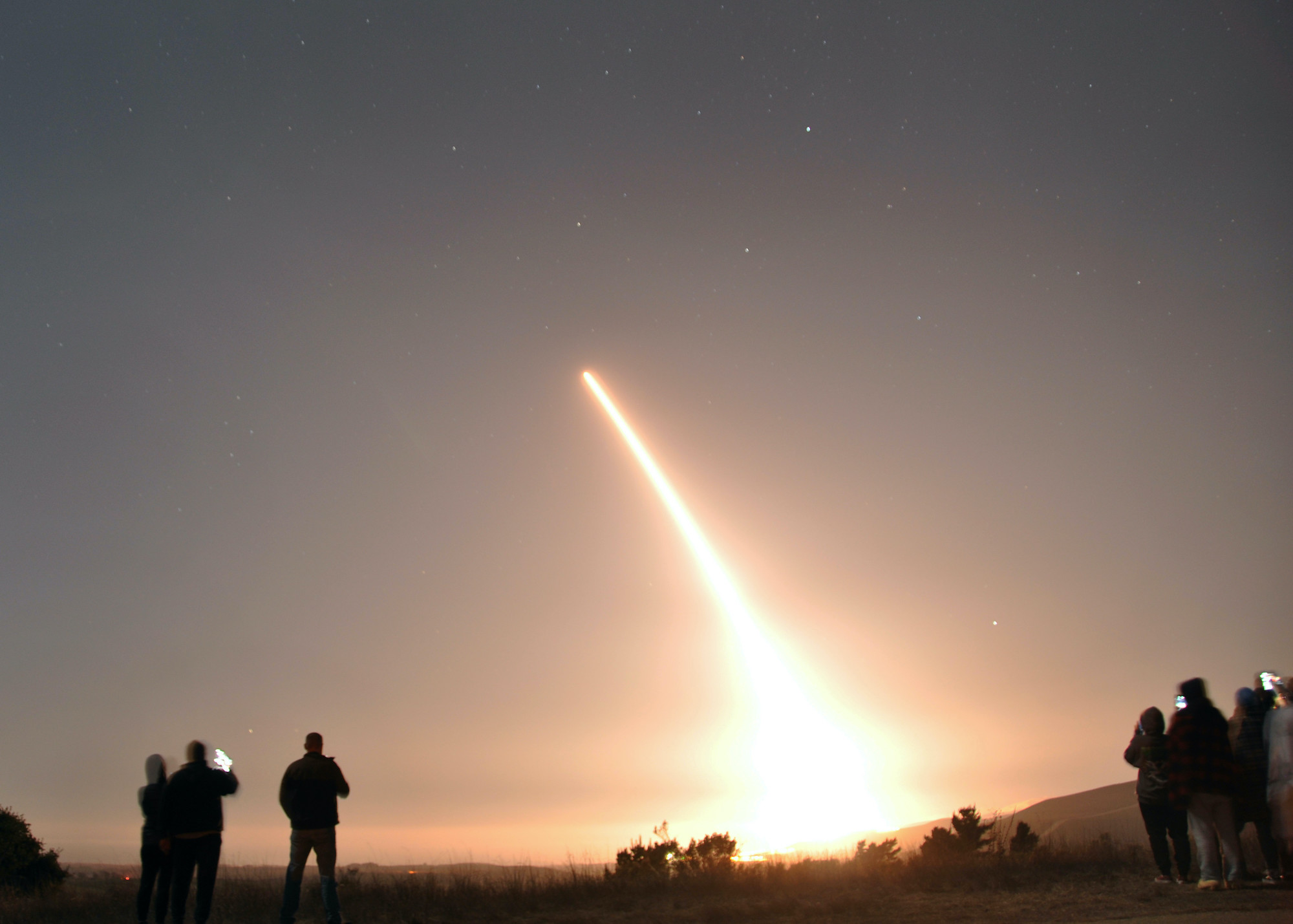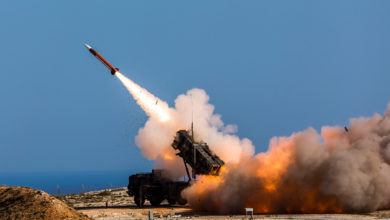New DoD Missile Defense Program to Cost $17.7 Billion
Costs will cover the development, fielding, and maintenance of 21 interceptors.
The Pentagon’s new ballistic defense missile program, Next Generation Interceptor (NGI), is estimated to cost $17.7 billion, according to the Cost Assessment and Program Evaluation office.
Costs will cover the development, fielding, and maintenance of 21 interceptors, a missile designed to shoot down incoming nuclear missiles from countries such as North Korea and Iran. These expenditures will include $13.1 billion for the development of 31 warheads, including 10 for testing, and $2.3 billion for installation in silos in California and Alaska. The operation and maintenance of the missiles would cost another $2.2 billion.
The DoD approved the program in March and awarded contracts to Lockheed Martin and Northrop Grumman. It is the Biden administration’s first major defense procurement award.
“These are big numbers, but they have to be put in context,” Tom Karako, director of the Center for Strategic and International Security’s Missile Defense Project, told Breaking Defense.
“It’s also not just about contractor cost, but also management of the GMD weapon system supporting the homeland missile defense enterprise. And all this spread over a decade or so,” he added.
Next Generation Interceptor
The NGI program was started in 2019. It was intended to replace the Exo-Atmospheric Kill Vehicle, a ground-based interceptor built to shoot down incoming warheads, after its $5.8 billion successor, the Redesigned Kill Vehicle, was canceled due to technical problems.
According to Lockheed Martin, the NGI can quickly detect an enemy missile launch, identify the target, calculate its exact trajectory, and launch an interceptor to destroy the threat in mid-air.
“NGI’s mission is to protect the homeland against missile threats from rogue nations with a modern, never-fail weapon system as an evolution of the currently deployed Ground-Based Midcourse Defense (GMD) system,” Lockheed Martin stated on their website.
This month, US intelligence experts said in a report that North Korea could resume nuclear tests this year as a way to force Joe Biden to resume nuclear discussions between the two countries. In February, Iranian President Hassan Rouhani ruled out changes to the Iran nuclear deal and dismissed calls to broaden the terms of the deal and include regional countries.
“No clause of the JCPOA will change. Know this. And no one will be added to the JCPOA,” Rouhani said at a televised cabinet meeting.












